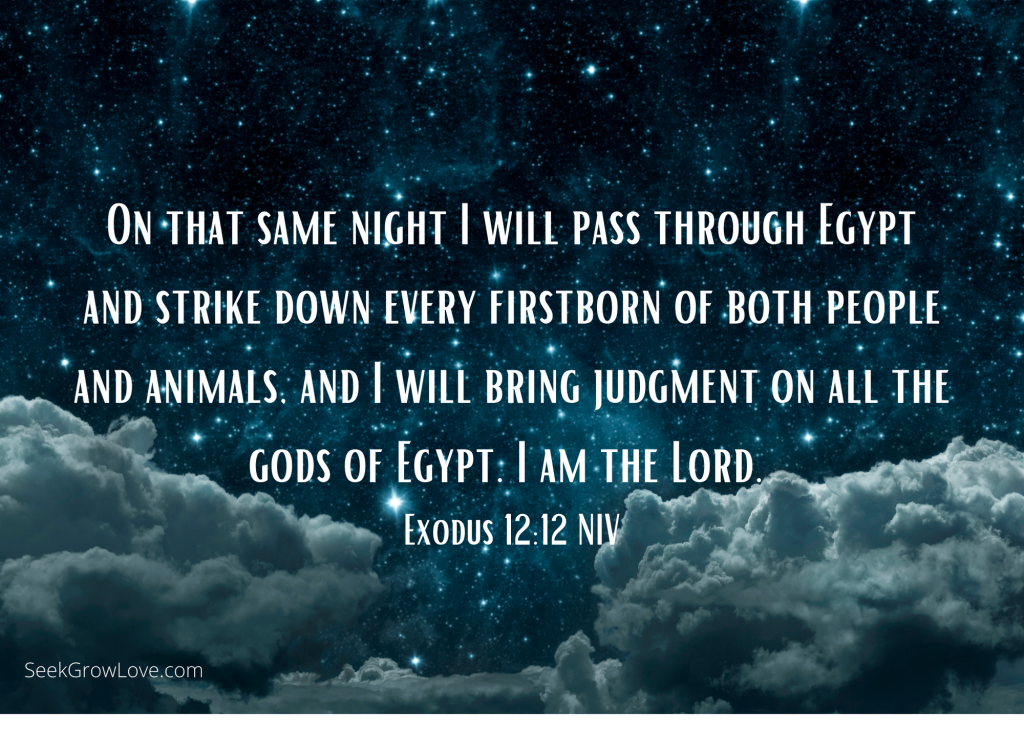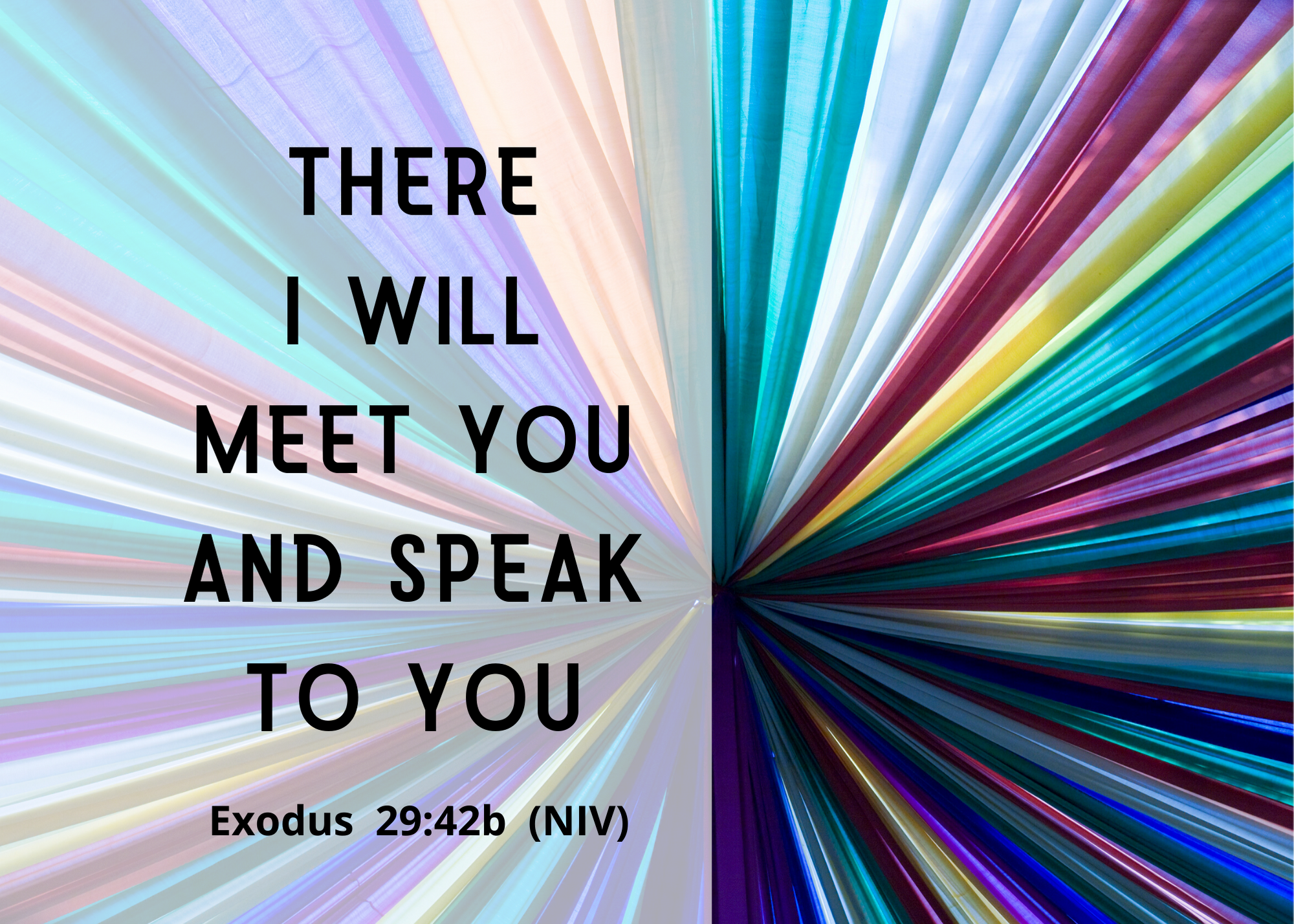
We have been building up in the last couple of chapters to bigger and bigger plagues and displays of God’s might and power over the gods of Egypt, and finally we are coming to the climax of that story. God is about to unleash his judgement on every firstborn in Egypt, but he will spare the people of Israel if they will sacrifice a lamb and put its blood around their doors.
3 Tell the whole community of Israel that on the tenth day of this month each man is to take a lamb for his family, one for each household.
4 If any household is too small for a whole lamb, they must share one with their nearest neighbor, having taken into account the number of people there are. You are to determine the amount of lamb needed in accordance with what each person will eat.
5 The animals you choose must be year-old males without defect, and you may take them from the sheep or the goats.
6 Take care of them until the fourteenth day of the month, when all the members of the community of Israel must slaughter them at twilight.
7 Then they are to take some of the blood and put it on the sides and tops of the doorframes of the houses where they eat the lambs.
8 That same night they are to eat the meat roasted over the fire, along with bitter herbs, and bread made without yeast. (Exodus 12:3-8)
The meat of a lamb that you had taken care of for a week and that was cooked with bitter herbs and unleavened bread would not be a special feast that you would enjoy. Emotionally this would be difficult, and the food would not taste that great. This is to show the people of Israel that sacrifices and victories are not always joyous or exciting, but come at a personal cost. For Moses it was seeing the Egyptians, the people he grew up with and who he cared for still, devastated and suffering. This judgment was difficult for God as well since we know that he does not wish that any should perish, but he needed to show his people that the Egyptian gods they were following were powerless so that he could start to build them into his own people.
12 “On that same night I will pass through Egypt and strike down every firstborn of both people and animals, and I will bring judgment on all the gods of Egypt. I am the Lord. 13 The blood will be a sign for you on the houses where you are, and when I see the blood, I will pass over you. No destructive plague will touch you when I strike Egypt. (Exodus 12:12-13)
God is starting to prepare the Israelites to be his people so that one day he can have Jesus, his son, die for all sins as the ultimate sacrificial lamb whose blood will cover our sins. They have a long ways to go before they are really the people of God, but we can skip ahead to Mark 3 and start to see another major change that is being initiated.
Jesus went into the synagogue again and noticed a man with a deformed hand. 2 Since it was the Sabbath, Jesus’ enemies watched him closely. If he healed the man’s hand, they planned to accuse him of working on the Sabbath.
3 Jesus said to the man with the deformed hand, “Come and stand in front of everyone.” 4 Then he turned to his critics and asked, “Does the law permit good deeds on the Sabbath, or is it a day for doing evil? Is this a day to save life or to destroy it?” But they wouldn’t answer him.
5 He looked around at them angrily and was deeply saddened by their hard hearts. Then he said to the man, “Hold out your hand.” So the man held out his hand, and it was restored! 6 At once the Pharisees went away and met with the supporters of Herod to plot how to kill Jesus. (Mark 3:1-6)
This is very near the start of Jesus’ ministry and we see that he is running into a ruling group who have hard hearts and are therefore unable to follow God’s will. Sadly this time it is the very teachers of the law that we will see Moses give later this week that are wanting to kill a Godly man.
The biggest thing stopping God from working strongly in our lives is our own hard heart, and sometimes it can take a really major event in our lives to break down the walls that we set up around our heart, but I encourage you to take the first step and prayerfully listen to what God is trying to tell you.
I really enjoy the story of the Exodus and I hope you enjoy walking through this next chapter in the story of the Israelites and also in the early stages of Jesus’ ministry.
Chris Mattison
Links to today’s Bible reading passages – Exodus 11-12 and Mark 3

